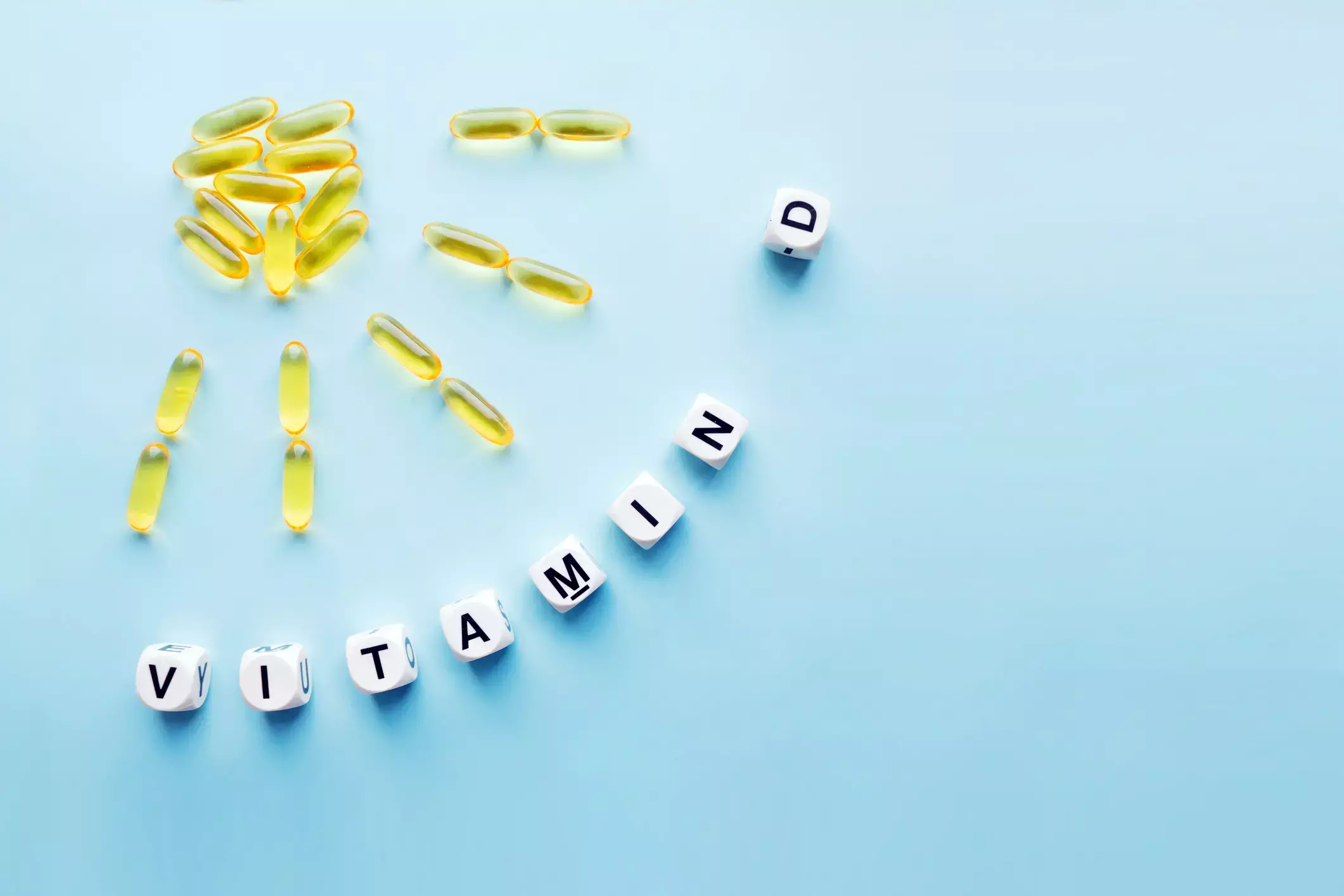- Home
- Medical news & Guidelines
- Anesthesiology
- Cardiology and CTVS
- Critical Care
- Dentistry
- Dermatology
- Diabetes and Endocrinology
- ENT
- Gastroenterology
- Medicine
- Nephrology
- Neurology
- Obstretics-Gynaecology
- Oncology
- Ophthalmology
- Orthopaedics
- Pediatrics-Neonatology
- Psychiatry
- Pulmonology
- Radiology
- Surgery
- Urology
- Laboratory Medicine
- Diet
- Nursing
- Paramedical
- Physiotherapy
- Health news
- Fact Check
- Bone Health Fact Check
- Brain Health Fact Check
- Cancer Related Fact Check
- Child Care Fact Check
- Dental and oral health fact check
- Diabetes and metabolic health fact check
- Diet and Nutrition Fact Check
- Eye and ENT Care Fact Check
- Fitness fact check
- Gut health fact check
- Heart health fact check
- Kidney health fact check
- Medical education fact check
- Men's health fact check
- Respiratory fact check
- Skin and hair care fact check
- Vaccine and Immunization fact check
- Women's health fact check
- AYUSH
- State News
- Andaman and Nicobar Islands
- Andhra Pradesh
- Arunachal Pradesh
- Assam
- Bihar
- Chandigarh
- Chattisgarh
- Dadra and Nagar Haveli
- Daman and Diu
- Delhi
- Goa
- Gujarat
- Haryana
- Himachal Pradesh
- Jammu & Kashmir
- Jharkhand
- Karnataka
- Kerala
- Ladakh
- Lakshadweep
- Madhya Pradesh
- Maharashtra
- Manipur
- Meghalaya
- Mizoram
- Nagaland
- Odisha
- Puducherry
- Punjab
- Rajasthan
- Sikkim
- Tamil Nadu
- Telangana
- Tripura
- Uttar Pradesh
- Uttrakhand
- West Bengal
- Medical Education
- Industry
Vitamin D may not improve biomarkers of insulin resistance, and inflammation; says AHA

Researchers have conducted a DAYLIGHT randomized controlled trial and found that high‐dose vitamin D supplementation did not improve biomarkers of glycemia, inflammation, neurohormonal activation, or lipids. The study results have been published in Journal of the American Heart Association.
Experimental and observational studies have suggested a link between vitamin D and cardiovascular and metabolic disease, but this has not been confirmed in randomized controlled trials. Researchers sought to determine whether vitamin D supplementation reduces biomarkers of insulin resistance, inflammation, neurohormonal activation, and lipids.
This was a prespecified, secondary analysis of the DAYLIGHT (Vitamin D Therapy in Individuals at High Risk of Hypertension) randomized controlled trial. They measured circulating homeostatic model assessment of insulin resistance, hs‐CRP (high‐sensitivity C‐reactive protein), N‐terminal pro‐B‐type natriuretic peptide, renin, aldosterone, and lipids at baseline and at 6 months in 289 individuals with low vitamin D status (25‐hydroxyvitamin‐D [25‐OH‐D] ≤25 ng/mL) receiving low‐dose (400 IU/d) versus high‐dose (4000 IU/d) vitamin D3 for 6 months. A meta‐analysis of randomized controlled trials reporting biomarker changes after vitamin D supplementation was then performed.
Results put forth some facts.
- Levels of 25‐OH‐D increased in the high‐dose relative to the low‐dose vitamin D group (+15.5 versus +4.6 ng/mL, P<0.001).
- Changes in biomarkers of glycemia, inflammation, and neurohormonal activation did not differ by dose.
- Lipids did not differ between groups, other than triglycerides, which increased in the high‐dose compared with the low‐dose group (+11.3 versus −6.2 mg/dL, P<0.001).
- The meta‐analysis showed potential modest decreases in homeostatic model assessment of insulin resistance and hs‐CRP, but no changes in low‐density lipoprotein, after vitamin D supplementation compared with control groups.
"In this secondary analysis of the DAYLIGHT (Vitamin D Therapy in Individuals at High Risk of Hypertension) randomized controlled trial, individuals randomized to high‐dose vitamin D supplementation did not experience improvements in biomarkers of insulin resistance, inflammation, neurohormonal activation, or lipids.High‐dose vitamin D supplementation does not improve biomarkers of glycemia, inflammation, neurohormonal activation, or lipids in otherwise healthy individuals with low vitamin D status."the research team concluded.
For full article follow the link: https://doi.org/10.1161/JAHA.120.017727
Source: Journal of the American Heart Association
Dr Satabdi Saha (BDS, MDS) is a practicing pediatric dentist with a keen interest in new medical researches and updates. She has completed her BDS from North Bengal Dental College ,Darjeeling. Then she went on to secure an ALL INDIA NEET PG rank and completed her MDS from the first dental college in the country – Dr R. Ahmed Dental College and Hospital. She is currently attached to The Marwari Relief Society Hospital as a consultant along with private practice of 2 years. She has published scientific papers in national and international journals. Her strong passion of sharing knowledge with the medical fraternity has motivated her to be a part of Medical Dialogues.
Dr Kamal Kant Kohli-MBBS, DTCD- a chest specialist with more than 30 years of practice and a flair for writing clinical articles, Dr Kamal Kant Kohli joined Medical Dialogues as a Chief Editor of Medical News. Besides writing articles, as an editor, he proofreads and verifies all the medical content published on Medical Dialogues including those coming from journals, studies,medical conferences,guidelines etc. Email: drkohli@medicaldialogues.in. Contact no. 011-43720751


